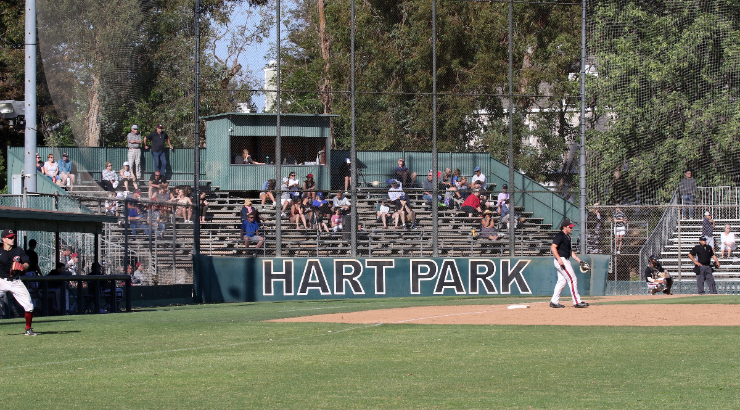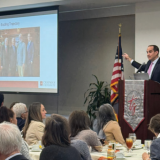
Chapman Impact on Local Community Is More Than Monetary
September 26, 2022
According to two reports released by Beacon Economics, an independent economic research firm, Chapman University generates more than $213 million in economic output for the City of Orange annually, and more than $1.1 billion for California.
Other significant data from the reports include:
- $9.8 million in property taxes paid to the City of Orange between 2011–2021.
- $82.7 million university spending in the City of Orange, $64.4 million in student spending and $2.2 million in visitor spending.
- $52.6 million state and local tax revenue generated by Chapman economic activity.
The reports also explore the many cultural, social and philanthropic contributions that Chapman provides as well, which can be difficult to quantify.
“The value of an institution is in its relationship with the local community,” says university President Daniele C. Struppa. “We are proud to call Orange our home and want to give back in every way that we can. These numbers are very impressive, but it’s our strong partnerships in the community that are the most meaningful.”
“With these two reports, we are able to paint a broader picture of all of the ways Chapman is positively contributing to our local community,” says Alisa Driscoll, the university’s vice president of community relations.
For Driscoll, who is a resident of the City of Orange, the most powerful information that these reports provide is not just the direct economic impact of the university – sales tax, property, tax, all of those critical items to the welfare of our hometown – but also the ripple effect of Chapman’s contributions to the community.
“For example, the number of jobs that we’re supporting in our local community is 2,666 in the City of Orange and 5,428 in Orange County as a whole,” she explains. “That’s a lot of people who are being supported just because of Chapman University’s presence in the community. And it’s not just our employees. We’re supporting construction work, real estate, retail, restaurants… and it’s really a powerful thing to show the university’s impact in that way.”
You can read the full reports at Chapman.edu/communityimpact.

